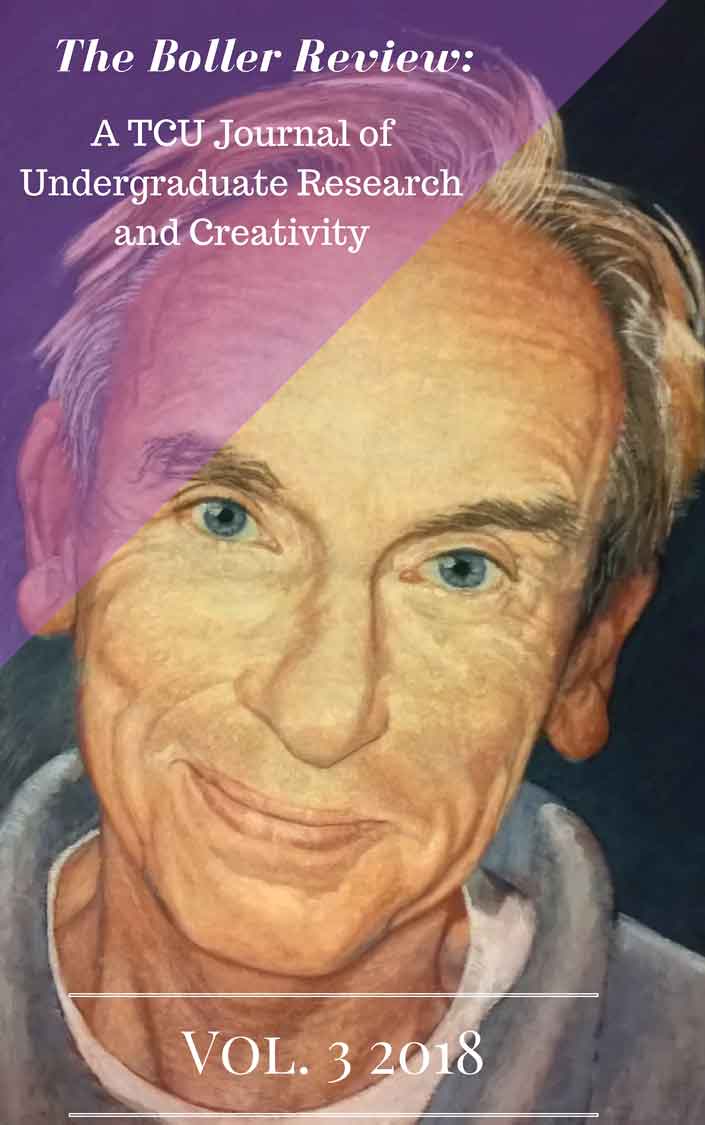A Phenomenological Analysis of Disability and Empowerment
Main Article Content
Abstract
The “Martin ReWire Movement Method” (MRMM) is a dance-derived, improvisational technique which focuses on both random, unplanned movement sequences and timed moments of movement repetition. The effects of MRMM are studied within a group of dancers with cerebral palsy. In the study, areas of spasticity, flexibility, and range of motion are observed, recorded, and calculated using motion-tracking software. Beyond these physical effects, there is another area of study regarding the qualitative effects of this dance technique with relation to emotionality and empowerment. In order to better analyze these qualitative data within this population, a different form of research is required: phenomenology. Phenomenological research is focused on heuristics, which is described as an area of study with a primary focus on an individual’s identity and experiences as well as philosophy of mind. This area of scholarship is less known but remains valid and important as supported by the literature. Gathering data using this research model, in this study, consisted of open-ended, interview-style discussion and interaction with each of the dance participants. By learning and understanding the various aspects of these individuals’ lives a more intelligible perception of empowerment materializes. Further phenomenological research is warranted to continue learning about the quality of life aspects of MRMM within a participant population.
Comments from Mentors
“Martin Ptak’s essay blossomed from his personal interaction with dancers who were study participants living with cerebral palsy. As a pre-med biology major, he had never before participated in qualitative research methods or been exposed to phenomenological research. His essay, for me, demonstrates the value and power of interdisciplinary research for undergraduate Honors students. As Ptak moves forward towards his goals in the medical profession, I believe his qualitative research, described in this essay, will profoundly affect his interactions with patients going forward. I am delighted to report that Ptak, through his engagement in a field that had ceased to be ‘new’ to me, illuminated my own field of study anew for me. What a gift to work with such a talented student!”
